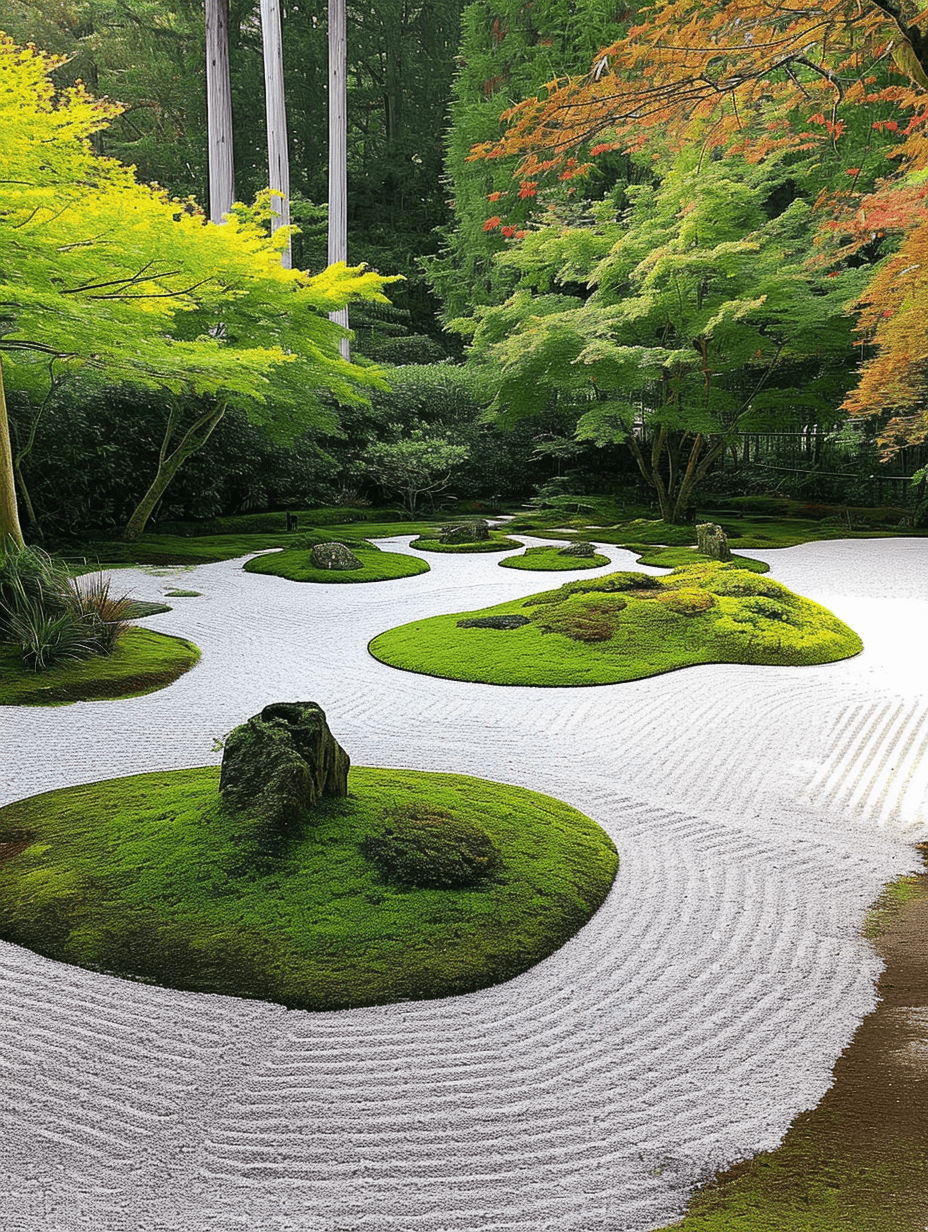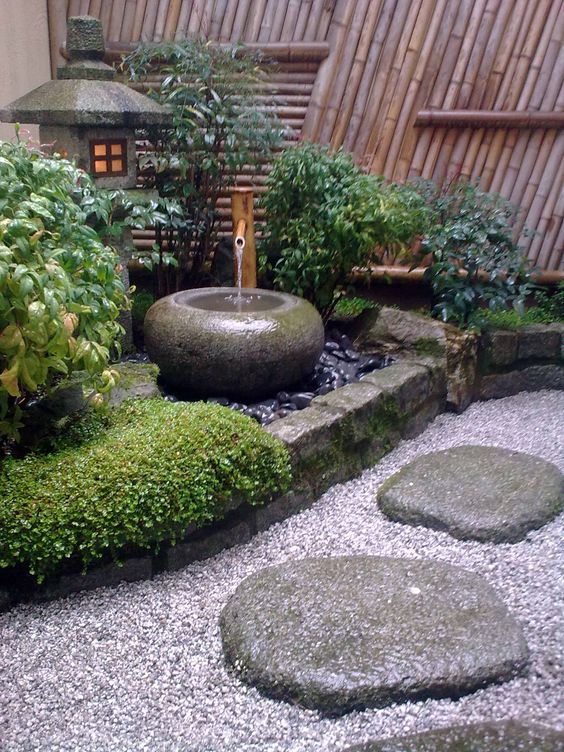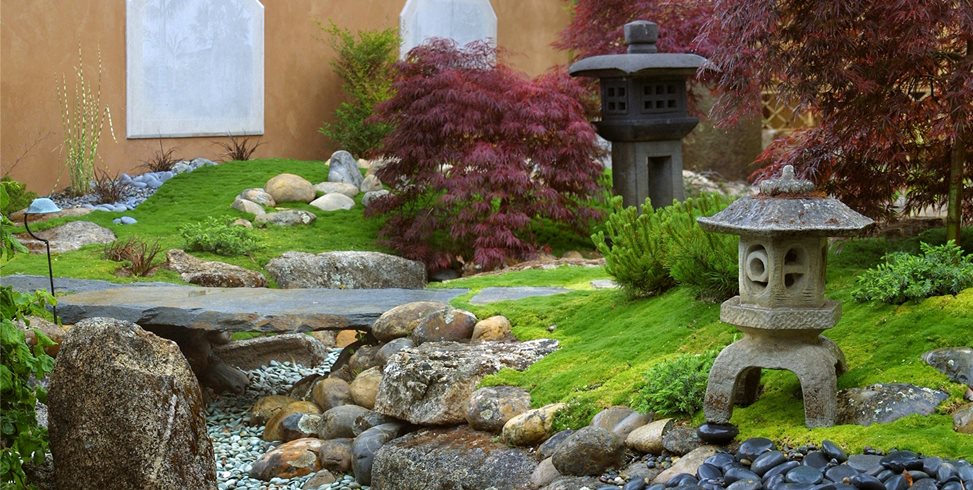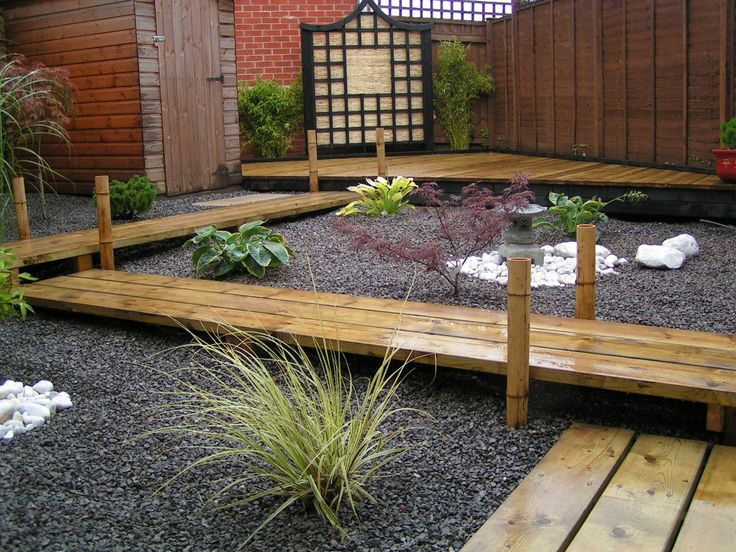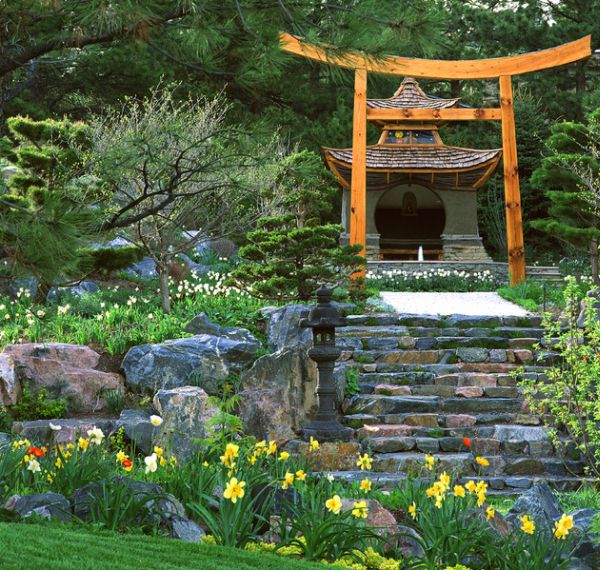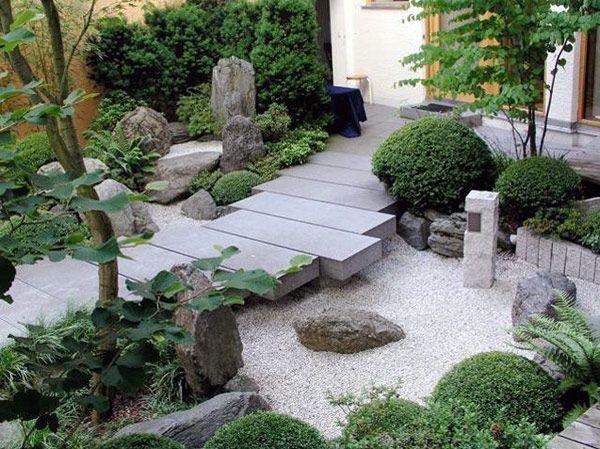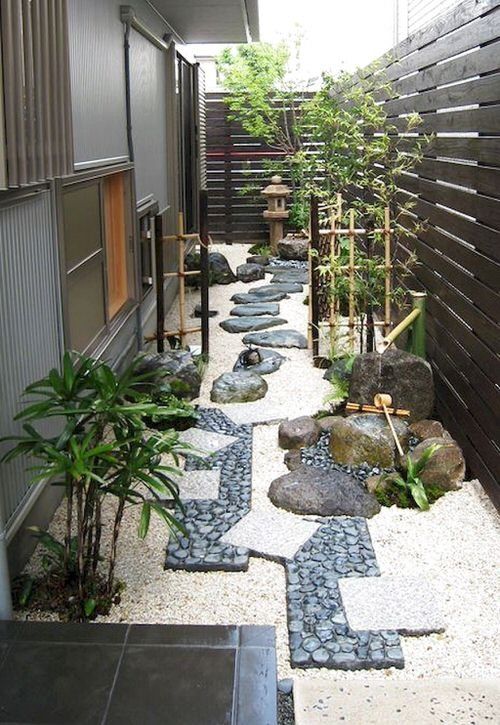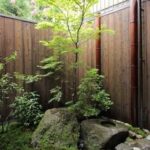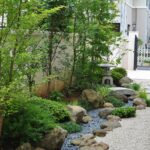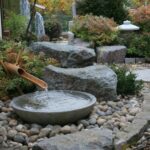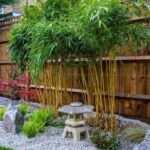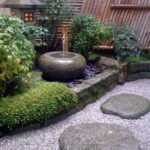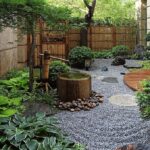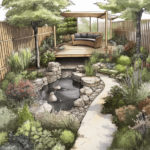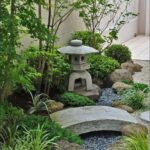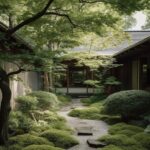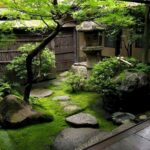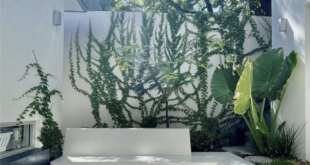Japanese backyard garden design is renowned for its harmonious blend of nature, art, and spiritual elements. From the humble teahouse to the grandest palace gardens, the Japanese have perfected the art of creating serene and peaceful outdoor spaces that are both functional and visually stunning.
One of the key principles of Japanese backyard garden design is the concept of wabi-sabi, which values imperfection, simplicity, and the passage of time. This philosophy is embodied in the choice of natural materials such as stone, bamboo, and wood, as well as in the careful arrangement of plants to create a sense of balance and tranquility.
Another important aspect of Japanese backyard garden design is the use of water features, such as ponds, streams, and waterfalls. Water is considered a symbol of purity and renewal in Japanese culture, and the sound of running water is believed to have a calming effect on the mind. In addition to its aesthetic appeal, water features also serve a practical purpose by providing a natural habitat for fish and other aquatic life.
One of the most iconic elements of Japanese backyard garden design is the use of carefully pruned trees and shrubs to create the illusion of miniature landscapes. Known as bonsai, these meticulously maintained plants are often displayed in ceramic pots and are prized for their beauty, age, and symbolism. Bonsai trees are typically chosen for their symbolic value, with each species representing different aspects of nature, such as wisdom, perseverance, or peace.
In addition to bonsai, Japanese backyard gardens often feature a variety of other plants, including moss, ferns, and bamboo. These plants are chosen for their textural qualities and ability to thrive in the Japanese climate, which is characterized by high humidity and mild winters. By selecting plants that are well-suited to the local environment, Japanese gardeners are able to create landscapes that are not only beautiful, but also sustainable and low-maintenance.
Overall, Japanese backyard garden design is a reflection of the country’s rich cultural heritage and deep connection to the natural world. By carefully selecting plants, water features, and other elements, Japanese gardeners are able to create outdoor spaces that are both beautiful and functional, and that provide a sense of peace and tranquility in a busy and hectic world. Whether you have a small backyard or a sprawling estate, taking inspiration from Japanese garden design principles can help you create a peaceful and harmonious outdoor space that you can enjoy for years to come.
 innstyled backyard design ideas
innstyled backyard design ideas
